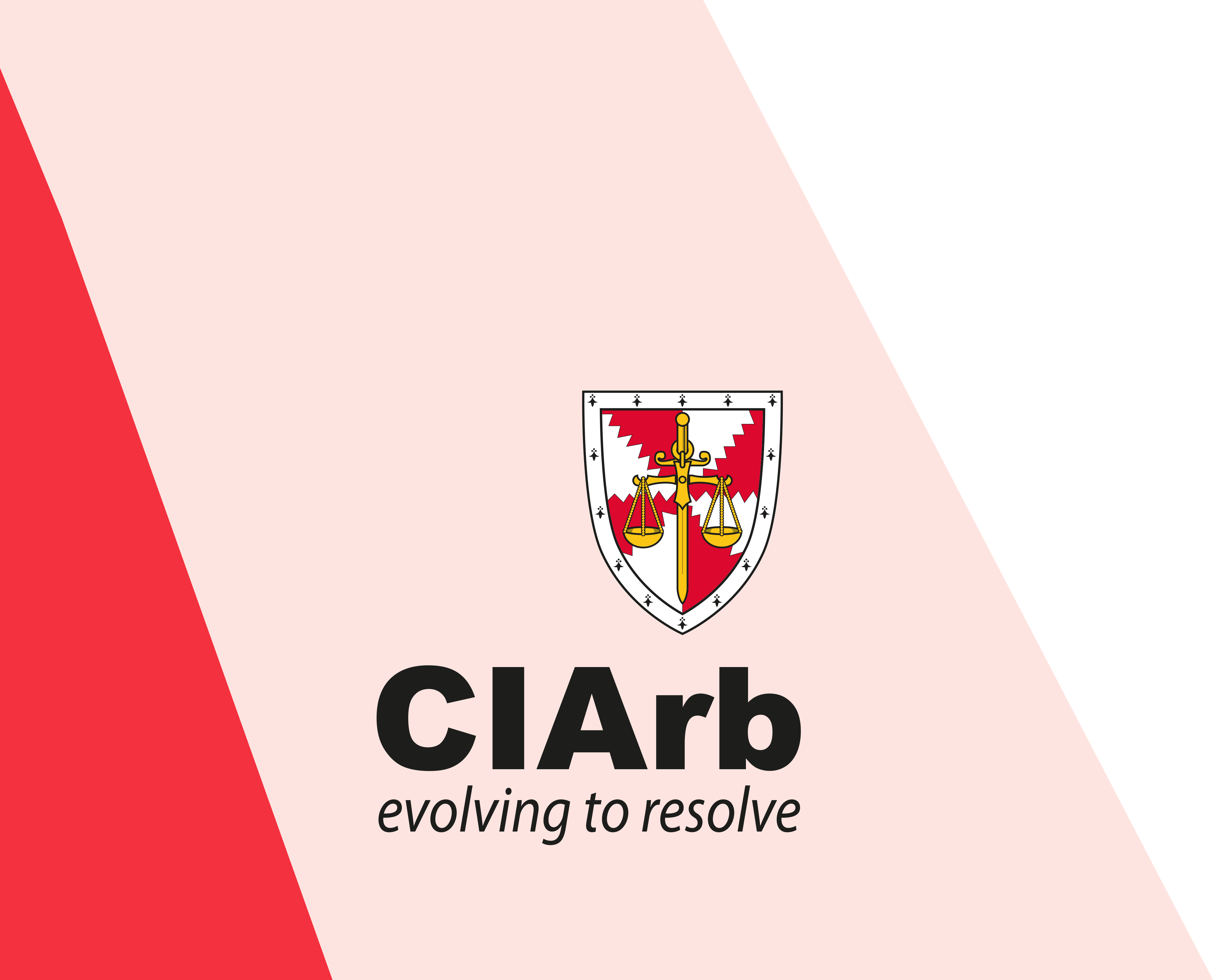Authors: Sharon Juwah & Ibukunoluwa Adebara
Keywords: Taxation, Arbitration, Dispute Resolution
Introduction
The Court of Appeal seemed to have set the records straight in its popular 2016 judgment of Esso Petroleum v NNPC[1] on the non-arbitrability of tax-related matters- its stance being that tax-related matters are not arbitrable. A dilemma is however created by the fact that whilst arbitration as a means of alternative dispute resolution is being embraced for its effectiveness and timeous resolution of disputes, the workings of the State seem to exclude an integral part of the economy from benefiting from the arbitral process.
This article attempts to unravel the rationale behind the non-arbitrability of tax disputes in Nigeria and proffer suggestions that may facilitate the speedy resolution of tax-related disputes upon a consideration of what obtains in other jurisdictions.
Relationship between Taxation and Arbitration
Arbitration has often been described as an alternative form of dispute resolution where there is a deliberation as to the rights and liabilities of parties determined by a third party instead of having recourse to a court of law.[2] The recourse to arbitration is usually predicated on an agreement between the parties involved, via the inclusion of an arbitration clause in their contracts or the execution of a submission agreement.
The relationship between taxation and arbitration in Nigeria has often been considered to be a strained one. The speculations seemed to have been sufficiently put to bed in the landmark cases of Esso Petroleum and Production Nigeria Ltd & SNEPCO v. NNPC[3]and Shell (Nig.) Exploration and Production Ltd & Ors v. Federal Inland Revenue Service.[4] The outcome of the deliberations of the Court of Appeal in both cases is that where matters relating to taxation are in dispute, such matters are not arbitrable.
Current Legal Framework of the Resolution of Tax Disputes through Arbitration
In the Nigerian legal system, there seemed to be no express statute or case law which spelt out disputes that were non-arbitrable until the case of Kano State Urban Development Board vs. Fanz Construction Limited[5] where the Supreme Court recognized the following categories of matters as non-arbitrable in Nigeria:
1. indictment for an offence of a public nature;
2. dispute arising out of an illegal contract;
3. disputes arising under agreements void as being by way of gaming or wagering;
4. disputes leading to a change of status such as divorce petition; and
5. any agreement purporting to give an arbitrator the right to give judgment in rem.
The Court of Appeal cleared all doubts relating to the arbitrability of tax disputes when it subsequently extended the scope of non-arbitrable matters by virtue of its decision in the case of Esso Petroleum and Production Nigeria Ltd & SNEPCO V NNPC.[6] The court reasoned that taxation was under the exclusive jurisdiction of the Federal High Court and thus cannot be subject to resolution via alternative dispute resolution- specifically, arbitration. In this case, the court held that any dispute raised on the basis of tax assessments could only be remedied with recourse to sections 41 and 42 of the Petroleum Profit Tax Act which does not permit arbitrating over tax disputes.
The position of the Court of Appeal in both cases was hinged on the following:
- The Federal High Court has exclusive jurisdiction on civil matters relating to the revenue of the Government and pertaining to the taxation of persons subject to Federal tax.[7]
- The laws guiding arbitration and conciliation are subject to other laws which prohibit certain matters from being submitted to arbitration.[8]
- Arbitral awards are subject to the court’s discretion and may be set aside on the application of a party who shows the decision was based on a non-arbitrable matter beyond the scope.[9]
CASE STUDY: Esso Petroleum and Production Nigeria Limited & SNEPCO v. NNPC[10]
Esso being contractors filed a claim to an arbitration panel against Nigerian National Petroleum Corporation (NNPC) (the Corporation) for acting contrary to the terms of the Petroleum Sharing Contract (PSC) between them. Their contention was that NNPC unilaterally lifted more cargoes of available crude oil to the tune of US$1,584,500,000.00 as against the allocation for lifting which was prepared by the contractors. Consequently, the Corporation filed an unauthorized Petroleum Profit Tax (PPT) returns to the Federal Inland Revenue Service (FIRS) as opposed to what was forwarded to them by the contractors for filing, contrary to the terms of the PSC.
The contentions of the contractors before the panel were that the excess lifting was in breach of their agreement. Another contention was that the Corporation could not unilaterally submit its own PPT returns, nor modify what was forwarded to them by the contractors.
The panel gave an award in favour of the contractors, but the Corporation appealed to the Federal High Court to set aside the award of the panel on the basis of lack of jurisdiction. The Federal High Court on May 22, 2012, set aside the award on the grounds that the arbitrators had misconducted themselves and acted beyond their scope of power when they issued an award on a tax-related matter. On further appeal, the Court of Appeal on July 22, 2016, agreed with the Federal High Court stating that tax-related matters are not arbitrable citing Section 251(1)(b) of the Constitution. This, however, excludes other elements of the transaction such as contractual claims. The Court of Appeal ordered a restoration of the panel’s award with respect to the preparation of PPT returns and lifting allocation. These grounds were deemed contractual claims that can be severed from tax claims.
BEST PRACTICES AND INTERNATIONAL FRAMEWORK
The Tax Procedures Act in Kenya provides that a taxpayer wishing to contest his tax assessment may apply to the tax commissioner. If dissatisfied with the decision, he/she may appeal to the Tax Appeals Tribunal and subsequently to the High Court of Kenya before the Court of Appeal. The unique feature here is that the taxpayer and commissioner enjoy the liberty to opt for resolution through mediation[11]. In furtherance of this, the revenue authority put forward an alternative dispute resolution framework. The Kenyan government[12] through the revenue authority has been able to recover over KShs 6.5 billion in respect of over 140 disputes resolved.
The writers note that matters such as aviation, maritime and banking disputes which are also under the exclusive jurisdiction of the Federal High Court like tax disputes are permitted to be resolved through arbitration. Such contracts usually contain an arbitration clause which has quickly become industry practice. Interestingly, there is the Maritime Arbitration Association of Nigeria which promotes the arbitration of maritime disputes instead of clogging the Federal High Court.
In conclusion, one thing that is clear from our submissions in the course of this work is that while the present case law in Nigeria provides that tax matters are non-arbitrable, other jurisdictions hold a different opinion and in fact heavily rely on arbitration whenever tax-related disputes arise. This goes to point out that arbitrability of tax matters is not an impossibility. It is essential that Nigeria strives to abide by international best practices. This can be achieved by a review of the current workings of the legal system especially as it relates to the resolution of tax disputes. A viable step in this direction is the unimpeded arbitrability of tax-related disputes.
[1] Unreported Appeal No. CA/A/507/2012; delivered on 22nd July 2016
[2] Halsbury’s Laws of England (1991) 4th ed., vol. 2, Reissue, p. 32
[3] Unreported Appeal No. CA/A/507/2012; delivered on 22nd July 2016
[4] Unreported Appeal No. CA/A/208/2012; delivered on 31st August 2016
[5] (1990) 4 NWLR (Pt. 142) 1 at 33 paras A – B
[6] L Ochulor, “The Dialectics of the Court of Appeal Pronouncements on Non-arbitrability of Tax Disputes in Nigeria: Drawing a Distinction Between Tax and Contractual Disputes in Nigeria” < http://financedocbox.com/Tax_Planning/87676062-Lawrence-ochulor-1-introduction.html> accessed 1st May 2020
[7] Section 251(1) (a) – (b) of the Constitution of the Federal Republic of Nigeria 1999 (As Amended)
[8] Sections 35 of the Arbitration and Conciliation Act
[9] 29(2) Arbitration and conciliation act. this is further emphasized by Sections 48(b)(ii) and 52(2)(b)(ii)
[10] Appeal No. CA/A/507/2012
[1] The Tax Procedures Act, No 29 of 2015 (TPA), provides for an elaborate Internal Dispute Resolution Mechanism (IDRM)
[12] The Tax Procedures Act, No 29 of 2015 (TPA), provides for an elaborate Internal Dispute Resolution Mechanism (IDRM)













